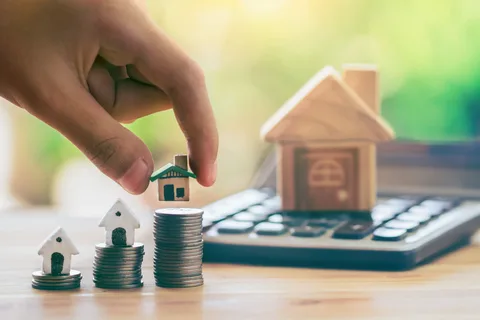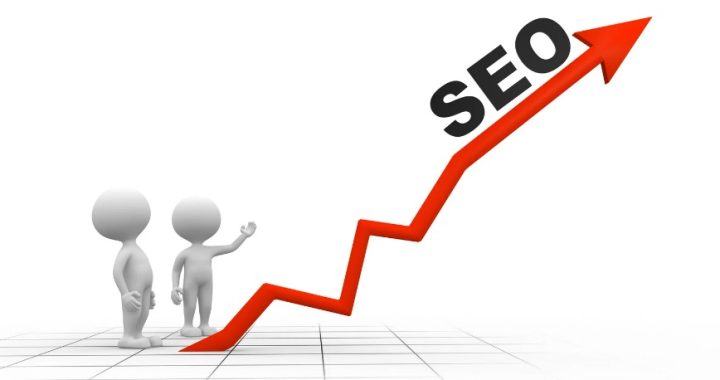Best Property Investment in Pakistan in 2022
4 min read
Introduction:
Real estate is one of the fastest-growing sectors in the world and the safest investment option for those with a stable cash flow. The sector makes an important contribution to the economy year after year. However, a lack of planning, regulation, and access to information has left the real estate market reeling since the COVID-19 pandemic. Unemployment, resistance to relocation and reduced savings are all factors that have had a strong impact on the housing market. Best property investment in Pakistan, like many other countries, has been hit hard by the negative effects of pandemic-induced lockdowns and restrictions stemming from the construction sector. However, recent trends in the real estate sector show promising changes as the sector is considered to be the fastest growing sector in the country.
Pakistan’s real estate market
Several factors affect housing prices, consumer behavior and the market. Pakistan’s population growth leads to increased demand for housing, leading to a market valuation and less availability of affordable housing. Therefore, Pakistan currently does not have enough housing options to meet the needs of the population. In addition, rising inflation further discourages people from buying real estate and forces them to rent or sublet. Inflation also drove up construction prices due to higher wages, higher car costs, and higher building materials, causing many real estate projects to slow or stall.
When it comes to real estate matters in Pakistan, four major challenges are at the fore. The country suffers from a lack of planning, regulation, and access to information, leading to widespread abuse.
weather
With these factors in mind, we have predicted what the future of real estate in Pakistan will look like in terms of purchasing power, market valuation, demand, supply, and rent.
Here are eight predictions for the future of the real estate market in Pakistan.
Buying a residential property is not a priority
While many local Pakistanis and foreigners are investing in real estate, residential property purchases will be lower. This is because houses are usually bought through savings. However, the Covid 19 pandemic and subsequent inflation have caused many people to lose their jobs and use those savings to support themselves. The unemployment rate increased by 34.1% between the pre-block period and the first block of the wave, and the average income fell by more than 42%. [1] Even as we move toward normalcy and people find jobs, most people are focused on recouping the money lost during foreclosure, so buying real estate may not be a priority for a while. For the same reason, second-hand markets will see a downward trend.
The real estate market will appreciate
The real estate market in Pakistan will be evaluated on three main grounds: scarcity, utility and demand.
deficit. The country is experiencing a shortage of residential property, with a current housing stock of 10.3 million homes.
utility. Homes have recently become popular workplaces due to the hybrid culture and work from home.
There is a strong demand for housing in Pakistan as 64% of the population is under the age of 30, so they are currently looking for an independent space to live in with their families. In addition, the growing population requires more residential areas to serve everyone.
Increasing demand and prices for single-family homes
Pakistan is deeply rooted in the family system, so there is more demand for multi-family housing than single-family housing. More than 60% of households in the country have three or more adults. As a result, people will choose to buy more apartments, their vacancy rate will decrease, and the lack of supply will lead to higher prices.
Apartment prices are becoming unaffordable.
Pakistan is dealing with a shortage of affordable housing, which seems to be the only asset most people can afford. In addition, increased demand has led to a shift to urban migration, further limiting available options. The supply of affordable housing is decreasing and the number of buyers is increasing.
The market will decline or have new investors.
Interest rates are rising due to high inflation. Depending on where the nation’s mortgage rates are, that will slow down the housing market or attract new investors. It also increases the opportunity for first-time buyers to invest in housing, as credit is difficult to obtain in Pakistan due to fragmented and incomplete land records. According to the State Bank of Pakistan, there are less than 60,000 mortgages in the country of 220 million people.
Application of technologies
Real estate companies in Pakistan have generally moved on to the use of technology to enhance property value. There is an increase in online real estate activity and transactions. Online sales will account for 15% of property transactions in Dubai by 2021.
Increase of tenant space
The Covid-19 pandemic has led to the rise of the work-from-home culture and hybrid work. As a result, the demand for commercial office space has decreased and is being vacated. In response, many offices have begun leasing empty space to cut costs. Since the outbreak of the epidemic, there has been a 39 percent increase in rents in the United States.
Development of the rental market
Pakistan has seen an increase in real estate prices over the past two decades. The income level of the masses cannot keep pace with inflation. Alternatively, people started looking for rental properties to meet their housing needs. Currently, 25% of people are renting, and this number is expected to increase.
Step forward
The real estate sector has untapped potential and if managed properly, it can completely transform the economic landscape of Pakistan. The government should ensure that there is adequate regulation and enforcement of real estate laws. This leads to good documentation, which makes it easier for people to get loans. Banks should be encouraged to allow lower down payments and a repayment schedule commensurate with the borrower’s income.





